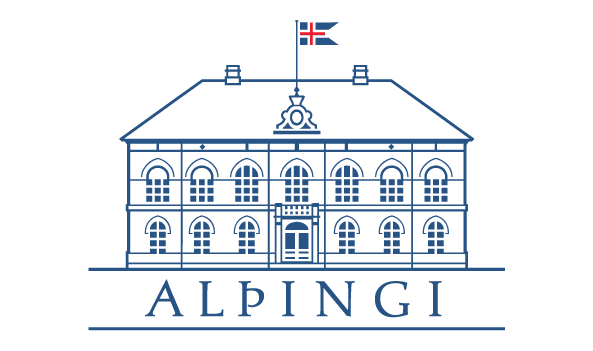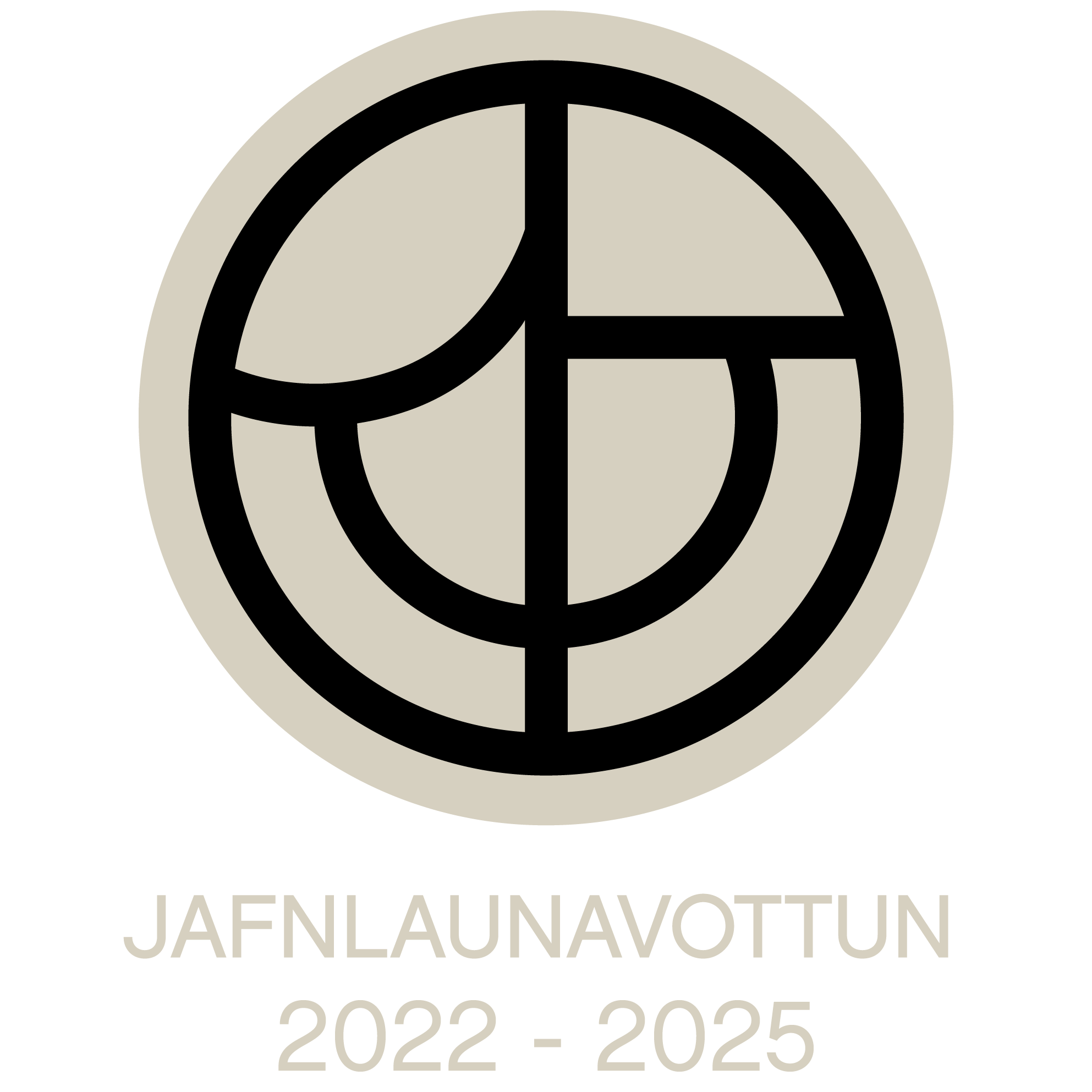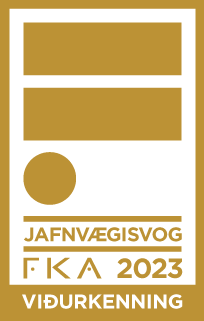Code of Conduct for Members of the Althingi
(as laid down in Parliamentary Resolution No. 23/145 and No. 18/148)
MEMBERS' CODE OF CONDUCT
Purpose
Article 1
This Code of Conduct applies to Members of the Althingi and their work and constitutes guidelines regarding their behaviour as elected representatives of the people. The purpose of the Code is to promote transparency and accountability in the work of Members and to encourage public trust and confidence in the Althingi.
Scope
Article 2
This Code applies to Members of the Althingi in their public service and concerns their duties as elected representatives of the people.
Article 3
The provisions of the Rules complement the duties of Members of Parliament under the Constitution, the Standing Orders of the Althingi and rulings of the Speaker of the Althingi in accordance with the first paragraph of Article 8 of the Standing Orders.
Article 4
The Speakers' Committee addresses matters relating to the Members' Code of Conduct, its enforcement and any violations, as further provided in this Code. The Speakers' Committee may refer individual matters to the advisory committee provided for in Article 15 for discussion. In other respects that committee shall advise the Speakers' Committee and Members regarding the enforcement of the Code.
General principles of behaviour
Article 5
Members of the Althingi, as elected representatives of the people, shall:
a. carry out their duties responsibly with integrity and honesty;
b. take decisions in the public interest;
c. not bring the Althingi into disrepute or tarnish its image;
d. endeavour to create in their work a healthy working environment inside and outside the Althingi and anywhere they may be discharging their duties, rejecting all manner of sexual or gender-related harassment, bullying or other demeaning conduct;
e. use the resources made available to them for their duties in a responsible manner;
f. not use their public office for their, or anyone else's, private gain;
g. declare any relevant interests relating to their public functions and endeavour to resolve any conflicts arising in a manner that protects the public interest;
h. promote and support these principles by showing initiative and example.
At the outset of their term in the Althingi Members shall deliver to the Speaker of the Althingi a signed declaration stating that they have read this Code of Conduct. The same shall apply to alternate Members.
Article 6
The principles in the first paragraph of Article 5 shall be taken under specific consideration when any notice is received of a violation of this Code of Conduct.
Rules of conduct
Article 7
Members shall in all their conduct show respect for for the Althingi, its status and work.
Article 8
Members of the Althingi shall not subject other Members, employees of the Althingi or guests to any sexual or gender-related harassment or bullying or conduct themselves toward them in any other demeaning manner.
Article 9
In the discharge of their duties Members shall avoid conflicts between the public interest and their own financial or other personal interests, or those of their families, If a Member is unable to prevent such conflict of interests, the conflict shall be disclosed by the Member.
Article 10
Members shall, when applicable, draw attention to their own personal interests that may be relevant to the process of parliamentary business.
Article 11
Members shall not request or accept any consideration, fee or reward intended to affect their actions as Members, particularly in their decisions to support or oppose any parliamentary business in the course of deliberations in the Althingi or its committees. Members shall avoid any conflict of interests in their work and shall not accept any inappropriate payment or gift
Article 12
Members shall not use their position as a Members of the Althingi to further their own or another person's or entity's interests in a manner incompatible with this Code of Conduct.
Article 13
Members shall show discretion in their use of information, as applicable, and they shall not make use of information acquired confidentially in the course of their duties for personal gain.
Article 14
Members shall register with the Secretariat of the Althingi any gifts or other similar benefits that they may enjoy, such as travel expenses, subsistence, or hospitality expenses, which they may receive in the course of their work as Members of the Althingi and which do not fall within the scope of the rules on Members' allowance, as provided in the rules on the registration of Members' financial interests and commissions of trusts outside the Althingi.
Article 15
Members shall ensure that reimbursement of their expenditures is strictly in accordance with rules laid down on such matters.
Supervision of observance of the Code of Conduct
Article 16
The Speakers' Committee shall appoint an advisory committee of three members for a term of five years to address communications sent by the Speakers' Committee concerning alleged violations of this Code. The Committee will express an opinion of whether a Member has, through his or her conduct, violated his or her principles of behaviour pursuant to Article 5. The Committee will also advise the Speakers' Committee on all matters falling within the scope of this Code and any circumstances that may arise in the course of its enforcement.
The Speaker shall nominate the chairman of the Committee, who shall possess knowledge of the work of the Althingi and its Members. Two committee members shall be nominated by the Joint Committee of the Icelandic Universities formed under Article 26 of the Universities Act No. 63/2006. One of those members shall have a professional degree or master's degree in law and the other shall have a master's degree in philosophy or applied ethics and knowledge of ethical codes. Alternates shall be appointed in the same manner.
Article 17
Individuals and legal persons are permitted to submit in their own name written and reasoned communications regarding alleged violations of this Code of Conduct. Such communications shall be addressed to the Speakers' Committee.
The Speakers' Committee shall then request clarification and further information from the Member, as necessary. Procedure shall be consistent with the general principles of impartiality and sound and objective process.
A Member who is accused of violation of this Code of Conduct shall at all times have the opportunity, while his or her case is under discussion by the Speakers' Committee, to express his or her viewpoints or submit information.
Members of the Althingi shall supply information pursuant to paragraph 2 in the course of investigation of their alleged violations of this Code.
A reasoned communication regarding a violation of this Code of Conduct shall never result in retaliation against the communicator. The Speakers' Committee may decide to permit the anonymity of a communicator if it appears that he or she could suffer retaliation.
Individual Members may also, in accordance with this Code of Conduct, seek the opinion of the Speakers' Committee regarding their conduct.
Resolution of individual cases
Article 18
The Speakers' Committee shall conclude its consideration of a case if it is clear from the outset that a communication does not provide adequate grounds for further consideration or does not meet the conditions of the Code of Conduct. Also, the Speakers' Committee may conclude its consideration of a case if the Committee believes that the communication relates to an alleged violation of law which can be referred to governmental authorities or the courts of law.
If the Speakers' Committee has accepted a case for further consideration and valid explanations have emerged, or the matter has been rectified and the violation is regarded as minor, the Committee shall conclude the matter by a notice to the Member.
Cases which are not concluded pursuant to paragraphs 1 and 2 shall be brought to a conclusion by the Speakers' Committee by the expression of an opinion as to whether a Member's actions are in breach of the general principles of behaviour and rules of conduct pursuant to this Code.
Article 19
The Speakers' Committee shall notify the Member of its conclusion pursuant to the second or third paragraph of Article 17 and at the same time decide, if there is reason to do so and the decision is unanimous, whether the Committee's opinion should be posted on the website of the Althingi.
A Member who is involved in a case can always require posting of the Committee's opinion on the Althingi's website.
The Speaker of the Althingi will instruct the Secretariat of the Althingi to notify the sender of a communication of the Committee's conclusion pursuant to Article 17.
The Speakers' Committee shall annually prepare a report on its work pursuant to this Code of Conduct performed in the preceding year.
Rules of the Speakers' Committee etc.
Article 20
The Speakers' Committee shall adopt further detailed rules concerning procedure under this Code.
Article 21
This Code of Conduct shall take effect by a resolution of the Althingi, as provided in paragraph 2 of Article 45 of its Standing Orders and following its posting on the Althingi's website, and enter into force on the inauguration of the 146th legislative session.
Adopted by the Althingi on 16 March 2016, as amended on 5 June 2018.



